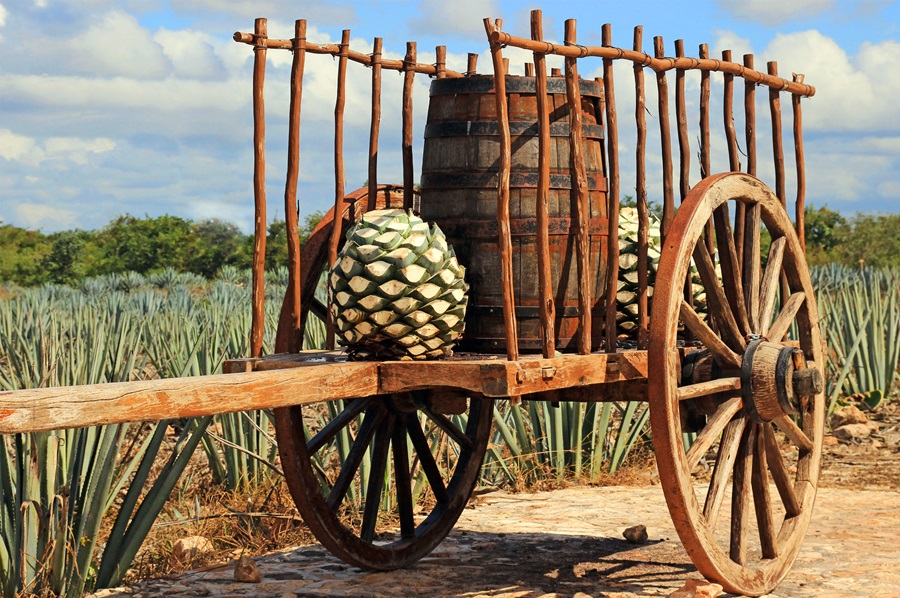
What Are Agave Piñas And Their Role In Traditional Mexican Culture
What Are Agave Piñas And Their Role In Traditional Mexican Culture
When delving into the rich tapestry of Mexican culture, one cannot overlook the significance of the agave plant, particularly the agave piña. But what are agave piñas, and why do they hold such a revered place in Mexican traditions? These questions unravel a story deeply rooted in history, craftsmanship, and cultural heritage, intricately tied to the creation of one of the most celebrated spirits in the world—tequila.
Understanding Agave Piñas
What are agave piñas? Agave piñas are the heart of the agave plant, which resembles a giant pineapple. The word “piña” itself translates to “pineapple” in Spanish, aptly describing the appearance of this bulbous core. 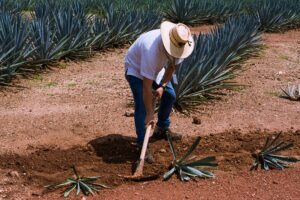 These piñas are harvested from mature agave plants, which typically take between seven to ten years to reach full maturity. Once the spiky leaves of the agave are removed, what remains is the large, succulent core, or piña, that serves as the primary ingredient in tequila production.
These piñas are harvested from mature agave plants, which typically take between seven to ten years to reach full maturity. Once the spiky leaves of the agave are removed, what remains is the large, succulent core, or piña, that serves as the primary ingredient in tequila production.
The Process of Harvesting Agave Piñas
Harvesting agave piñas is an art form passed down through generations. Jimadores, skilled agave farmers, expertly use a specialized tool called a “coa” to cut away the plant’s sharp leaves and extract the piña. This process requires precision and knowledge, as the quality of the piña directly influences the quality of the tequila produced.
The Role of Agave Piñas in Tequila Production
To understand the role of agave piñas in tequila production, one must first comprehend the distinction between different types of tequila. Pure agave tequila is made exclusively from the blue agave plant, ensuring a high-quality and authentic taste. The process begins with cooking the piñas, traditionally in large ovens or more modern autoclaves, to convert the plant’s complex carbohydrates into fermentable sugars.
After cooking, the piñas are crushed to extract the sweet agave juice, which is then fermented and distilled. This meticulous process is what transforms the raw agave piñas into the pure agave tequila that enthusiasts around the world cherish.
Agave Piñas in Traditional Mexican Culture
What are agave piñas beyond their use in tequila? In traditional Mexican culture, agave plants have been used for centuries for various purposes, including making fibers, tools, and even as a food source. The agave plant is a symbol of resilience and adaptability, thriving in the arid conditions of the Mexican landscape.
The harvesting and processing of agave piñas are often accompanied by traditional rituals and celebrations, underscoring their cultural importance. Festivals dedicated to the agave plant, such as the famous Tequila Festival in Jalisco, highlight the plant’s central role in Mexican heritage.
The Experience of Organic Tequila Tasting
For those seeking an authentic taste experience, organic tequila tasting provides an opportunity to savor the purest form of this beloved spirit. Organic tequila is made from agave plants grown without the use of synthetic pesticides or fertilizers, ensuring a natural and unadulterated profile.
During an organic tequila tasting, enthusiasts can explore the nuances of different tequilas, from Blanco (unaged) to Reposado (aged for a few months) and Añejo (aged for at least one year). Each type offers a distinct taste experience, influenced by the agave piñas and the specific aging process.
The Future of Agave Piñas and Sustainable Practices
As the global demand for tequila continues to rise, the need for sustainable practices in agave farming becomes increasingly important. Efforts to promote sustainability in the industry include crop rotation, organic farming methods, and the protection of wild agave species. Crop rotation helps maintain soil health and prevent the depletion of essential nutrients, while organic farming methods reduce the reliance on chemical fertilizers and pesticides, promoting a healthier ecosystem.
By embracing these sustainable practices, producers aim to ensure the long-term availability of high-quality agave piñas, which are essential for producing premium tequila. Additionally, protecting wild agave species helps preserve 
Conclusion
What are agave piñas if not a testament to the enduring connection between nature and culture in Mexico? Their journey from the fields of Jalisco to the bottles of pure agave tequila represents a blend of tradition, craftsmanship, and innovation. For those who appreciate the depth and complexity of tequila, understanding the role of agave piñas enriches the tasting experience.
To truly appreciate the spirit of Mexico, one must explore the world of agave piñas and indulge in the exceptional qualities of pure agave tequila. For an unforgettable organic tequila tasting experience, consider exploring the offerings of AgaveLuz Organic Tequila.
Experience Mexico’s authentic taste and cultural heritage with AgaveLuz Organic Tequila. Discover pure agave artistry crafted with passion and tradition. Buy Now and enjoy every sip of our exceptional tequila, embracing the true spirit of Mexico.
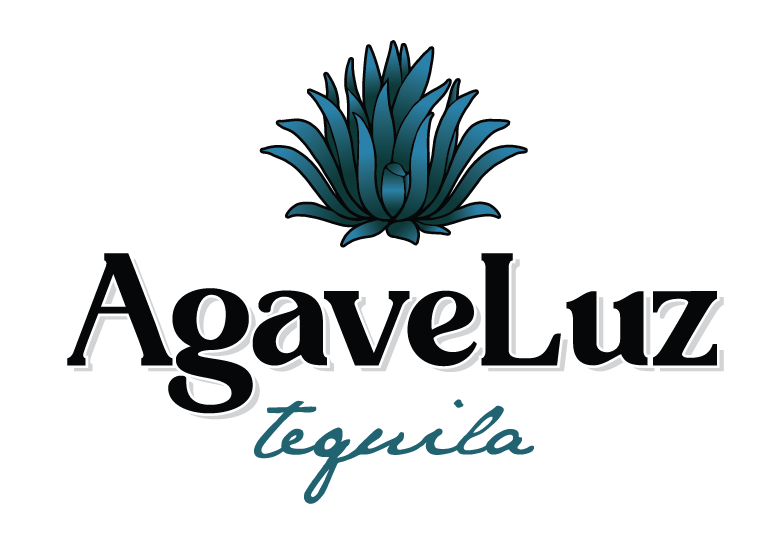
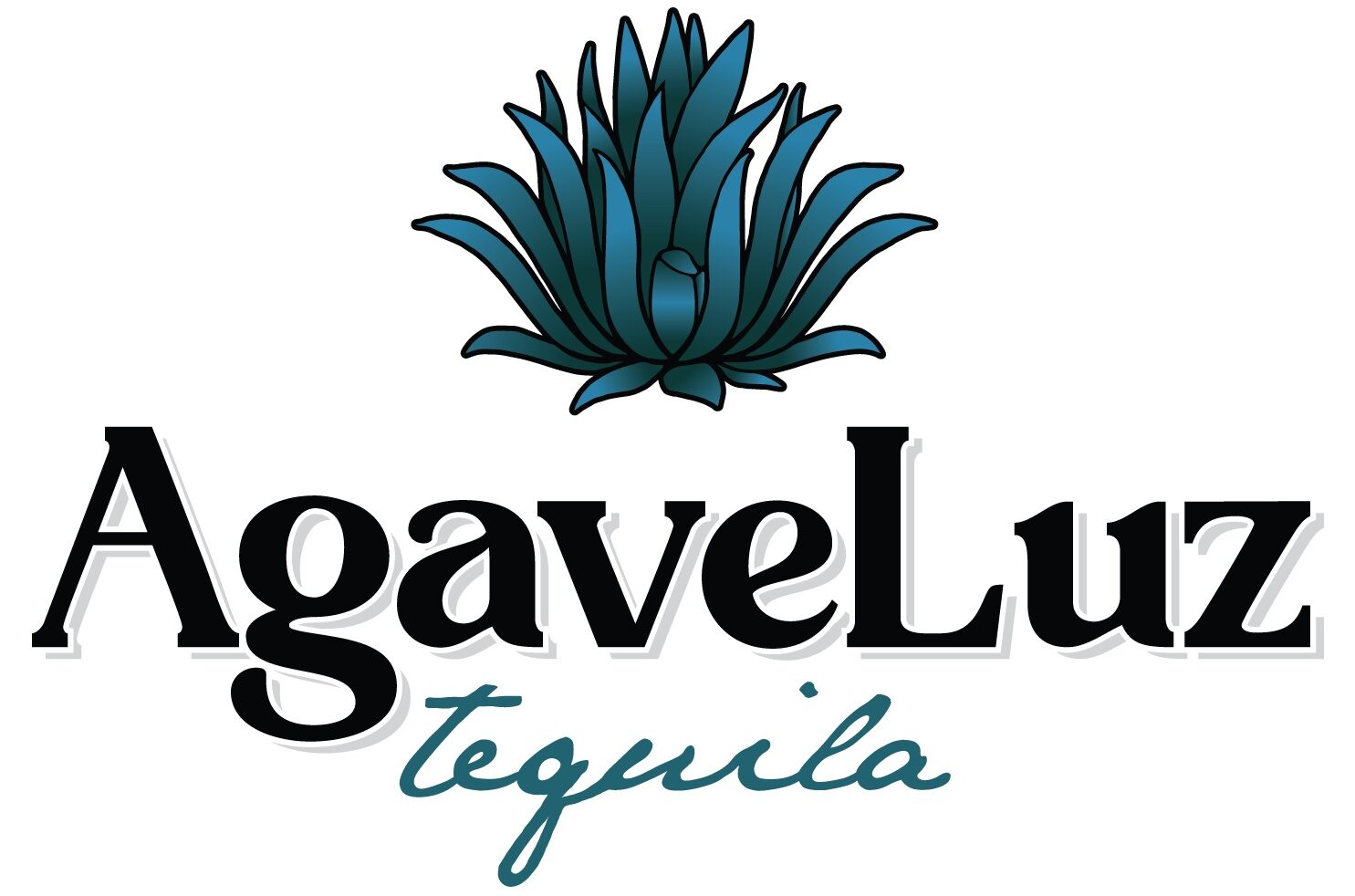

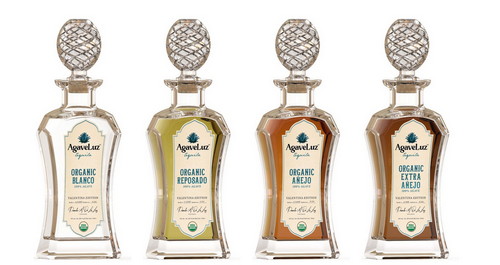


















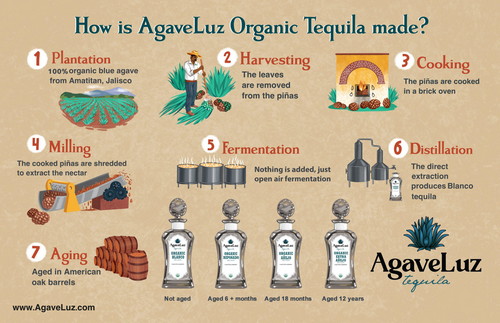


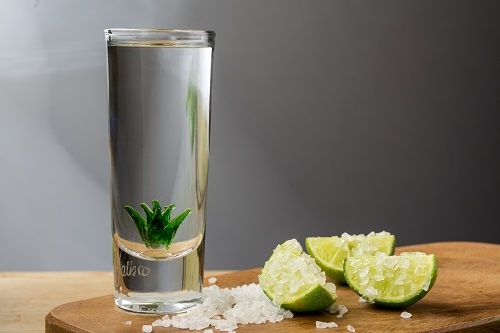
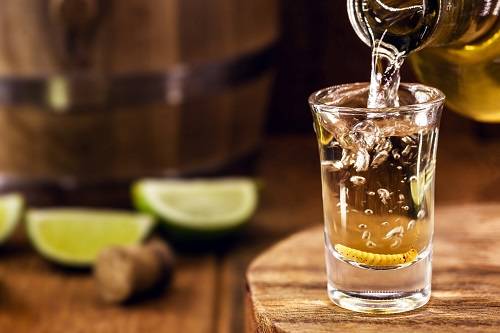
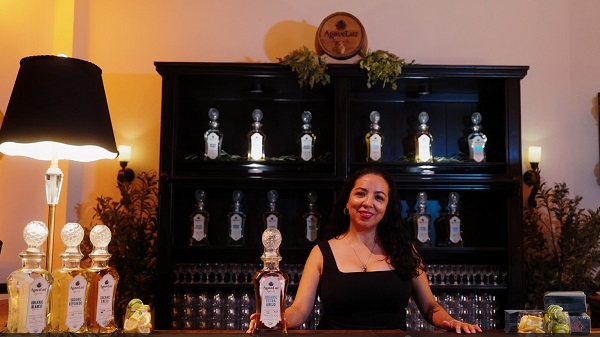

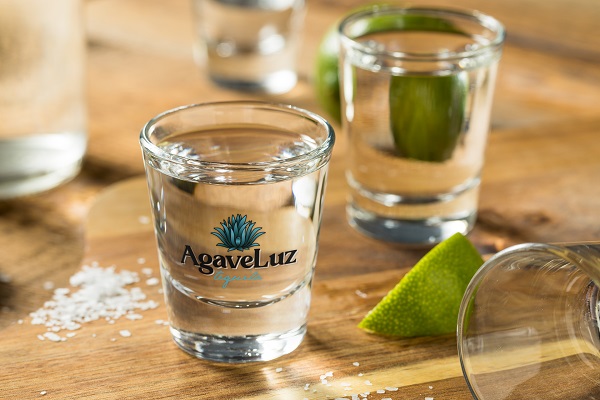

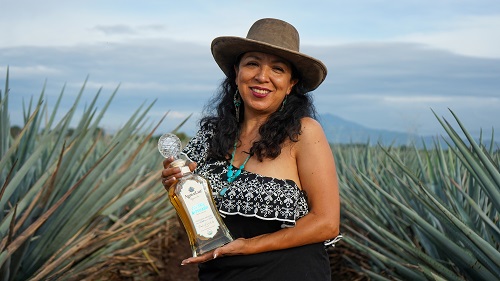
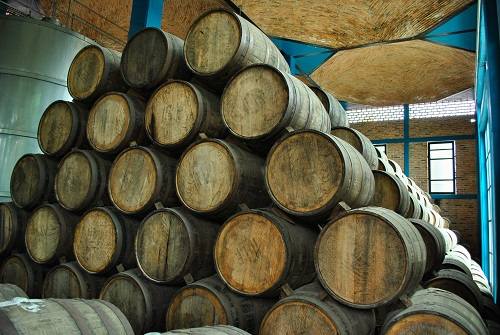

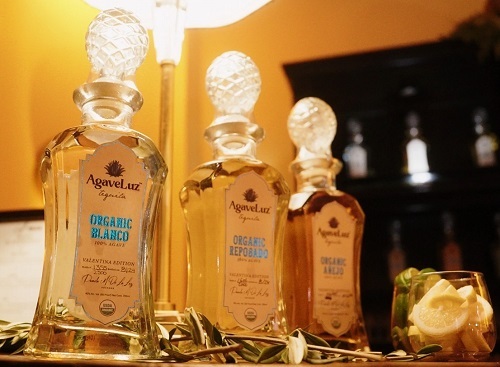
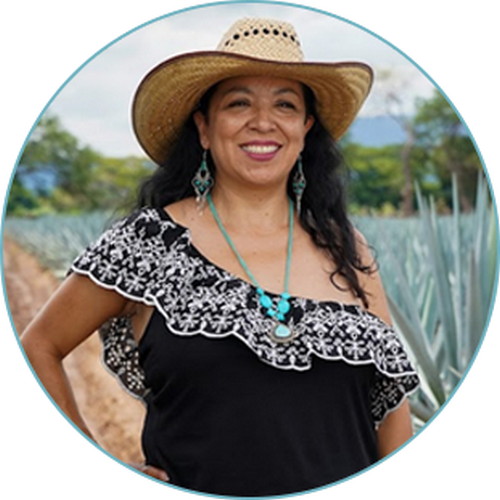


Post a Comment